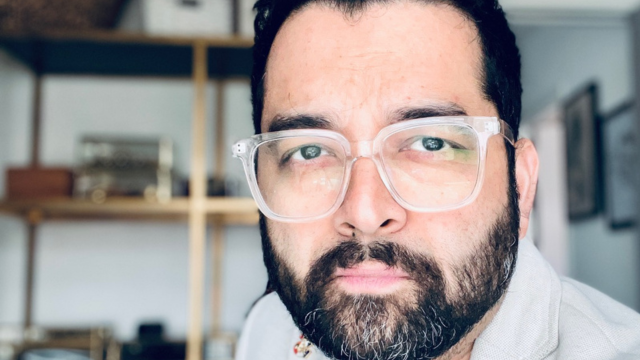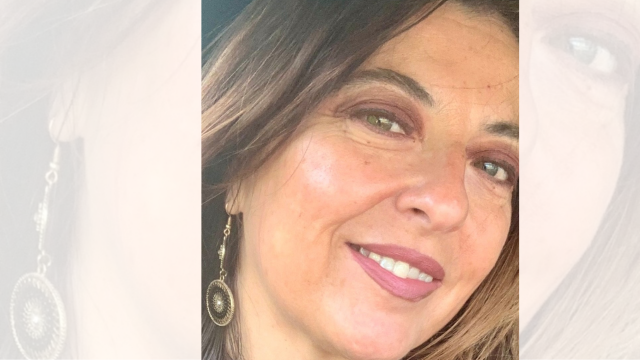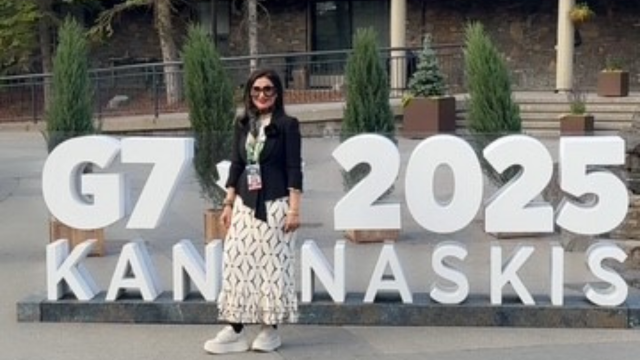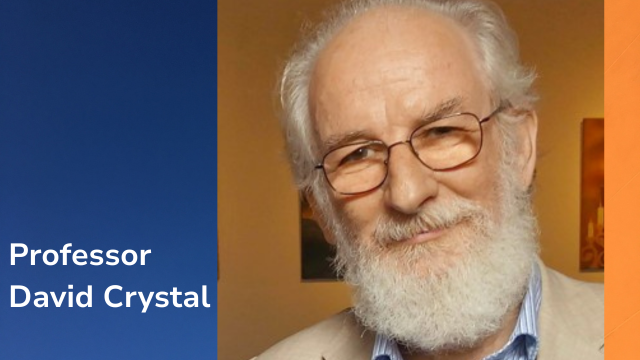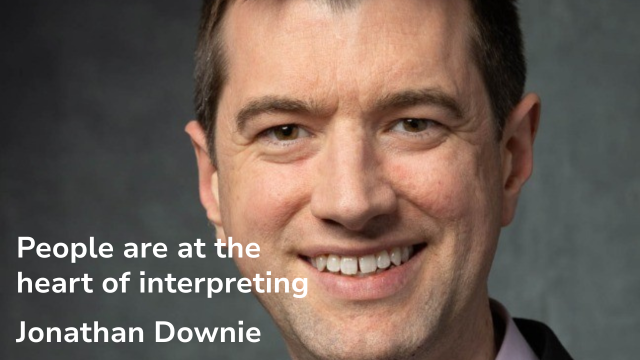-
QUALIFICATIONS
- For Linguists Worldwide
- For UK Public Services
- Preparation
- Policies & Regulation
-
MEMBERSHIP
- Join CIOL
- Professional Membership
- Affiliate Membership
- Chartered Linguist
- Already a member?
- Professional conduct
- Business & Corporate Partners
-
LANGUAGE ASSESSMENTS
- English
- All Other Languages
-
CPD & EVENTS
- Webinars & Events
- CIOL Conferences
- Networks
- CIOL Mentoring
-
NEWS & VOICES
- News & Voices
- CIOL eNews
- CIOL Awards
- The Linguist Magazine
- Jobs & Ads
-
RESOURCES
- For Translators & Interpreters
- For Universities & Students
- Standards & Norms
- CIOL & AI
- All Party Parliamentary Group
- In the UK
- UK Public Services
- Find-a-Linguist
Languages and the 2025 UK A-Level Picture

By Marcela A. Cazzoli
The British Academy’s look at this year’s A-Level results gives a mixed message for the humanities. Economics and Politics are still drawing in more students, but many other SHAPE subjects are slipping back. Modern Languages share some of these challenges, but hidden in the figures are reasons to be optimistic.
Spanish entries are up by 1.1%, and “Other Modern Languages” - from Arabic and Mandarin to Italian and Polish - have seen a bigger rise of 3.8%. Behind those numbers is a clear trend that points to a growing curiosity about a wider range of global languages, and to the way the UK’s own diversity is influencing what students choose to study.
French and German have seen drops this year, but the growth in Spanish and other languages tells us something important: young people do still want to learn languages, especially when they see a clear link to cultures, communities, and opportunities around the world. Our mission as educators is to keep that interest alive and help it grow.
Why gains matter
Every extra student taking a language at A-Level has made the choice to stretch themselves, to step into another culture, to prepare for a workplace where international communication is part of the job. The rise in “Other Modern Languages” is especially encouraging. Schools that support heritage and community languages are not just supporting heritage speakers but are creating opportunities for all learners to study languages that are vital for business, diplomacy, and cultural understanding.
Opportunities for Higher Education
Universities must continue to build on the positives:
- Celebrate variety: offer flexible pathways that combine languages with Politics, Economics, Business, STEM and more.
- Work closely with schools: outreach, taster sessions, and summer schools in less-taught languages can spark interest early.
- Put multilingualism at the heart of graduate skills: remind learners that languages are not only about grammar. They’re about adaptability, empathy, and global awareness, skills every employer needs.
- Draw on community strengths: the UK’s linguistic diversity is an asset. Universities can offer modules and qualifications that recognise and develop heritage language skills.
Telling the full story
Yes, there are declines that we can’t ignore. But there are also signs of growth and potential that deserve to be heard. If we keep our focus only on the losses, we risk missing the areas where interest is rising. UCFL will keep working with colleagues across the sector to champion languages, to make the case for their place in education, and to share the innovations that help them thrive.
In a year when so many headlines focus on decline, we should also talk about opportunity. The choices that we can make now in policy, curriculum, and outreach can shape the next generation of language learners.

Marcela A. Cazzoli is UCFL Vice Chair, Languages and Intercultural Education and a CIOL Council Member
More
The Chartered Institute of Linguists (CIOL), Incorporated by Royal Charter, Registered in England and Wales Number RC 000808 and the IoL Educational Trust (IoLET), trading as CIOL Qualifications, Company limited by Guarantee, Registered in England and Wales Number 04297497 and Registered Charity Number 1090263. CIOL is a not-for-profit organisation.

